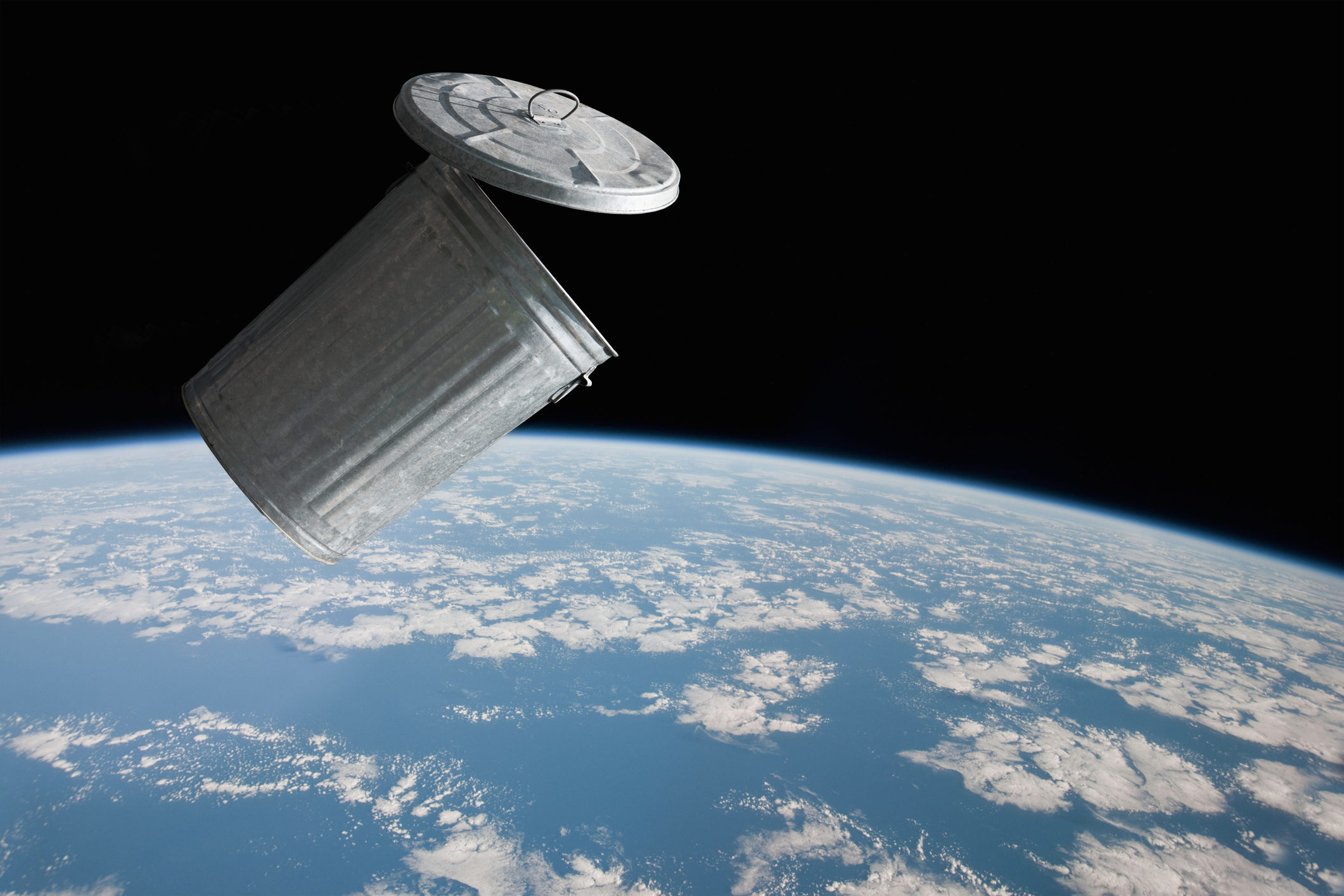A U.S. start-up is hoping to help solve the burgeoning issue of space junk with an artificial intelligence driven tracking system that warns satellite operators before a collision that can create even more debris.
Privateer, co-founded by Apple’s Steve Wozniak and based in Hawaii, says tracking, recording and monitoring the enormous volume of space junk is becoming more and more important as more satellites are put in orbit.
“This becomes critical and increasingly more critical as we put more and more assets into space,” Privateer’s Chief Revenue Officer, Declan Lynch, told Reuters.
Using data from various sources, including from U.S. Space Command and other satellite operators, Privateer’s platform, called Wayfinder, is already tracking more than 35,000 objects in orbit.
This count only includes objects larger than 10cm. Objects smaller than that cannot be observed from Earth, resulting in an actual estimate of space debris larger than 1mm to be closer to 100 million, according to the company.
“To be able to track that many objects and be able to plan to predict where their orbits will be over the next 24, 48 and 72 hours requires a lot of data and a lot of computational power, and we’re able to leverage the power of AI to do that in a fraction of the time that it previously took humans to do,” Lynch said.
Space debris, composed mainly of defunct satellites, spent rocket stages, and fragments from disintegration and collision events, orbits Earth at speeds of 17,000 mph (27,350 kmph).
It poses a significant threat to the International Space Station and operational satellites, many of which are crucial to modern systems on Earth, like communications.
“We very much believe that our stewardship of Earth doesn’t just end at our atmosphere, but it extends into all the stuff that we’re putting into space ourselves,” Lynch said.
Space situational awareness, which can be likened to air traffic control but for satellites in space, is becoming increasingly important for satellite operators given there are no international norms to control a soaring amount of space traffic.
“Who is going to be the regulatory authority that’s going to patrol our orbits is still to be determined?” Lynch said.
“Space domain awareness is still something that many governments are trying to understand and operators that are putting satellites into orbit at various scales definitely need this capability themselves,” he said.
Privateer is looking down as well as up, investing in earth observation data, gathered through remote sensing technologies for clients interested in environmental patterns, climate change or even supply chains.
“Our ability to task satellites allows us to understand what would be the best satellite coming into an area that we’re interested in, that has the right payload. Does it have an electro-optical radar on it or a synthetic aperture radar on it, to help us task the right collection mechanism for an area that we’re interested in,” Lynch said.
The start-up aims to make its tracking data available to satellite operators, international space agencies, and scientific communities around the world. This move is a testament to Privateer’s belief in collaboration and data sharing as key components in combating the challenge of space junk.
(REUTERS)




















